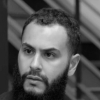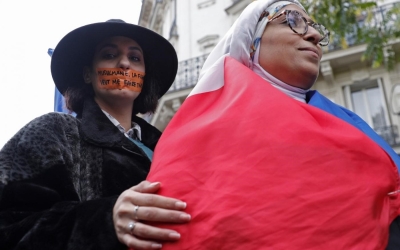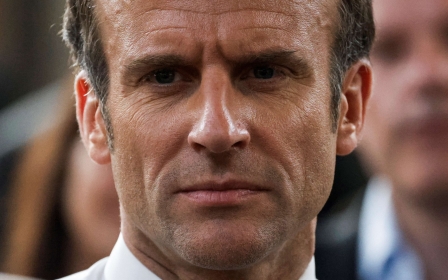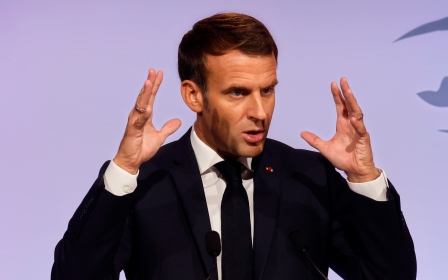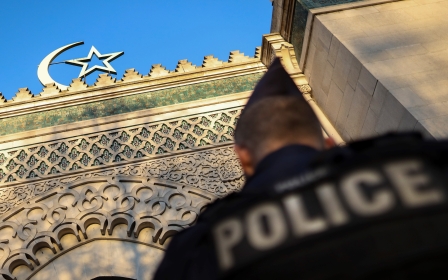Macron’s ‘French Islam’ echoes repressive policies of Gulf regimes
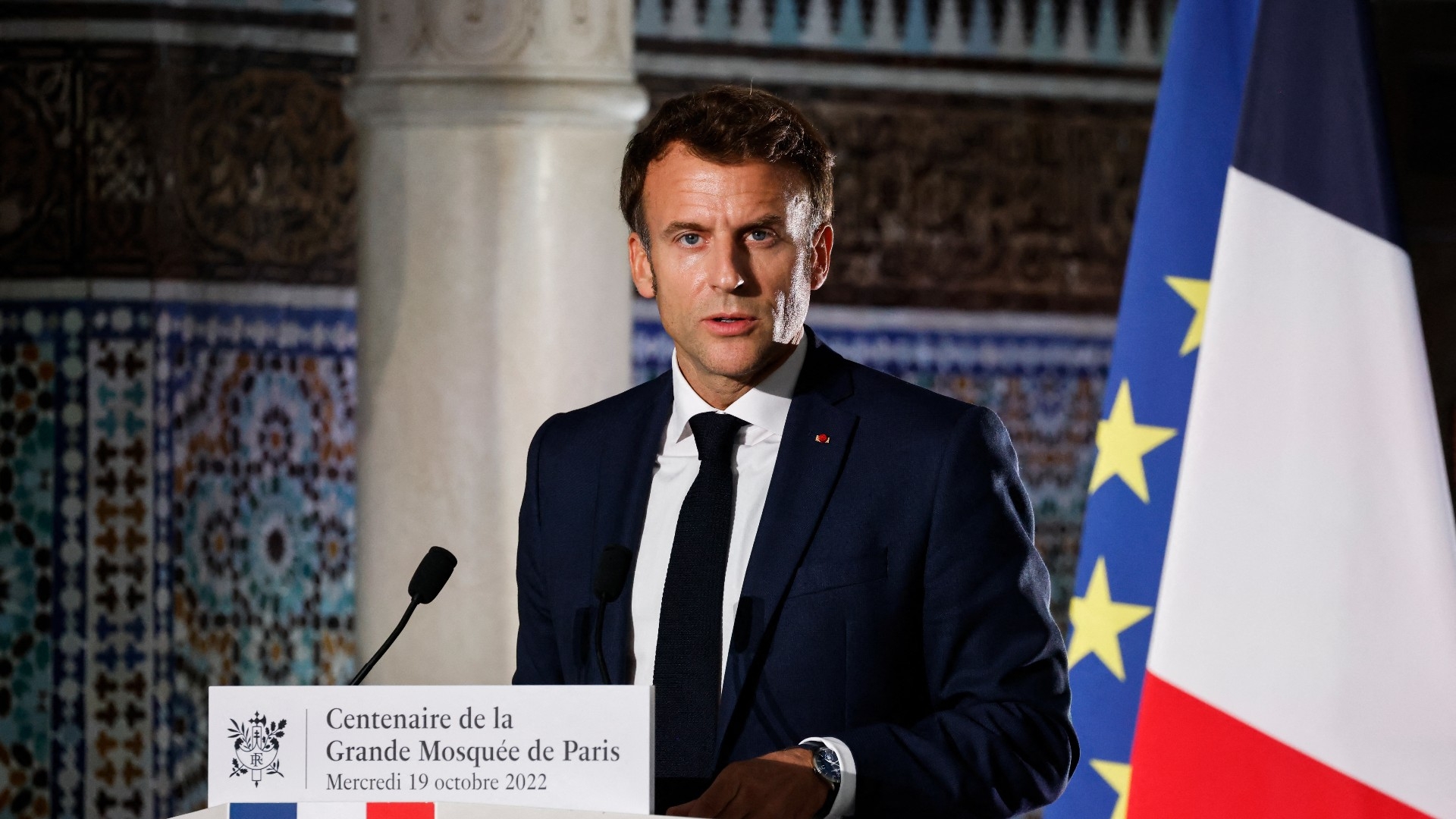
Amid an ongoing controversy over religious attire in public schools, French President Emmanuel Macron delivered a strategic speech at the Grand Mosque of Paris last month to commemorate its centenary.
After retracing the mosque’s history, Macron delineated its overarching vision of an Islam “faithful to the values of the Republic”. Referencing these alleged “values” has become a prerequisite among the French political establishment when addressing Islam and Muslims. This vaguely defined reference conceals a deeper political meaning: that Islam, in order for it to be tolerated, must conform to the state’s guidelines.
France, like its ally, also uses any tool at its disposal to stifle dissent, and has designed a new institution to provide religious cover for its injustices
The “values of the Republic” have become boundaries delimiting the political space within which Islam and French Muslims must operate - a space that only recognises political submission.
According to Macron, Islam must be “compatible with the Republic”. Indeed, incompatibility indicates a clear form of “separatism”, a concept the president began using two years ago when he introduced a bill to combat “radical Islamism”.
The notion of separatism points to Muslims’ forbidden territory: political dissent and religious freedom. In other words, French Muslims’ religiosity must earn the state’s stringent stamp of approval. The anti-separatism law, adopted by parliament last year, has dramatically curtailed Muslims’ fundamental rights within civil society.
New MEE newsletter: Jerusalem Dispatch
Sign up to get the latest insights and analysis on Israel-Palestine, alongside Turkey Unpacked and other MEE newsletters
Framed around the need to protect national security, the French republic and secularism, the Islamophobic state has since 2018 launched more than 26,000 investigations targeting everything from Muslim businesses, to schools, to mosques. It has permanently or temporarily shut down more than 800 facilities, and seized more than €55 million ($55m).
The crackdown has affected numerous well-respected Muslim organisations, such as the Collective Against Islamophobia in France and the charity BarakaCity.
Fear and paralysis
The obvious objective of this radical approach is to terrorise the Muslim population, and the psychological consequences of this state-led persecution are slowly emerging. Fear and paralysis are becoming widespread among a community comprising around six million people, leading a growing number of Muslims towards the path of emigration.
In his recent speech at the Grand Mosque, Macron outlined how the state would work to firmly establish a “French Islam” that is politically subservient to the republic. The Grand Mosque would be incorporated into the newly created “Forum of Islam in France”, which establishes a hierarchy with regard to the state’s norms and Islamic norms, in favour of the former.
The commemoration ended with Macron awarding the mosque’s rector, Chems-Eddine Hafiz - a former lawyer with no formal religious training - the Legion of Honour, the highest French medal of merit.
The French approach, explicitly outlined here by Macron, echoes the “Muslim policies” undertaken by other authoritarian regimes. For example, the UAE, whose deep political connections with France have been revealed in recent reports, has adopted over the last decade a radical policy to combat “political Islam”.
The UAE uses every means at its disposal, including torture, to suffocate political dissent, and has established an institution, the Fatwa Council, to regulate Islam and advocate for “moderate” values.
UAE president and ruler of Abu Dhabi, Mohammed bin Zayed, has reportedly championed the need to crack down on “political Islam” in discussions with the French economy minister, Bruno Le Maire.
France, like its ally, also uses any tool at its disposal to stifle dissent, and has designed a new institution to provide religious cover for its injustices. The similarities between the two states’ policies are alarming signs for human rights defenders.
Just as “French Islam” is tied to the UAE’s authoritarian vision, a broader European Islamophobia could very well be reinvigorated by the French model. French institutions are already engaged in propaganda efforts to spread the state’s Islamophobic vision to dozens of other countries.
To prevent the scope of this anti-Muslim persecution from broadening, it is our collective duty to support French Muslims in their difficult struggle, and to challenge France’s anti-Muslim politics.
The views expressed in this article belong to the author and do not necessarily reflect the editorial policy of Middle East Eye.
This article is available in French on Middle East Eye French edition.
Middle East Eye delivers independent and unrivalled coverage and analysis of the Middle East, North Africa and beyond. To learn more about republishing this content and the associated fees, please fill out this form. More about MEE can be found here.


